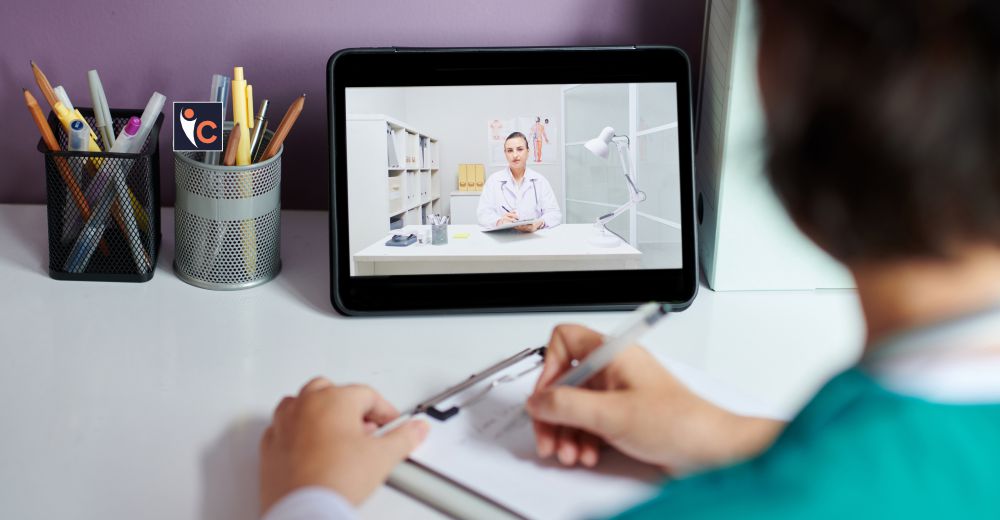Leadership in Healthcare Education
In the dynamic landscape of healthcare education, effective leadership serves as the cornerstone upon which the future of healthcare professionals is built. As the healthcare sector continues to evolve, educational leaders are at the forefront, tasked with overcoming challenges and harnessing opportunities to prepare the next generation of healthcare providers.
In this article, let’s explore the pivotal role of leadership in healthcare education, shedding light on the complexities faced and the promising opportunities that lie ahead.
Challenges in Healthcare Education Leadership
Navigating the educational sphere in healthcare presents a myriad of challenges. One such challenge is the need to keep track of the rapid advancements in medical technology and methodologies. The ever-changing nature of healthcare demands educational programs to be dynamic, requiring leaders to constantly update curricula, integrate innovative technologies into classrooms, and facilitate real-world experiences for students.
Additionally, the diversification of the healthcare workforce adds complexity to educational approaches. Students from diverse cultural backgrounds and learning styles require tailored methods of teaching. Leaders must strive to be inclusive, ensuring that education is accessible and effective for everyone, regardless of their background or abilities.
Financial constraints further compound these challenges. Limited budgets often restrict investment in state-of-the-art technologies, faculty development, and essential research. Innovative leaders must explore creative solutions to optimize available resources and secure funding, ensuring a high-quality education that meets the demands of the evolving healthcare sector.
Opportunities on the Horizon
Amidst these challenges, a host of opportunities emerges, offering a glimpse into the future of healthcare education. The digital revolution, for instance, has paved the way for online learning, virtual simulations, and telemedicine education. Leaders can harness these technologies to enhance the learning experience, providing students with interactive and immersive education that mirrors the digital healthcare landscape they will encounter in their careers.
Interdisciplinary collaboration stands as another promising opportunity. Leaders can create a holistic educational environment by fostering partnerships between medical schools, nursing programs, and various healthcare disciplines. This collaborative approach mirrors the interdisciplinary nature of modern healthcare, preparing students to work seamlessly within diverse teams, thereby improving patient outcomes.
Research and innovation also play a pivotal role in healthcare education. Leaders can encourage faculty and students to engage in research projects, exploring new treatment modalities, innovative healthcare delivery methods, and advancements in medical technology. Research-focused education enhances the institution’s reputation and ensures that students are exposed to cutting-edge developments, equipping them to be leaders and innovators in the field.
The Role of Visionary Leadership
Visionary leadership emerges as the linchpin in the face of challenges and promising opportunities. Effective leaders in healthcare education inspire faculty and students alike. They articulate a clear vision for the future of healthcare education, aligning it with the evolving healthcare industry. These leaders empower their teams to embrace change, fostering a culture of innovation and adaptability.
Nurturing Mental Fortitude
Moreover, visionary leaders advocate for their institutions, forging partnerships with healthcare organizations, industry leaders, and policymakers. These collaborations open doors for funding, internships, and research opportunities, enriching the educational experience for students and ensuring the institution’s relevance in the healthcare sector.
Resilience in healthcare education extends beyond the classroom. Under the guidance of resilient leaders, students learn to cope with their profession’s emotional toll, including exposure to illness, loss, and high-stress situations. By integrating psychological support mechanisms, such as counseling services and peer support networks, educational leaders create an environment where students can openly discuss their challenges, seek help, and develop the mental fortitude required for their future careers.
Furthermore, resilience is not solely an attribute of students but also a quality that educators must embody. Leaders who demonstrate resilience in adversity serve as powerful role models. Their ability to adapt to unforeseen circumstances, navigate institutional challenges, and maintain a positive outlook influences the entire educational community. By showcasing resilience, leaders inspire faculty and students alike to face difficulties with determination and perseverance.
Shaping Future Healthcare Professionals
In the hands of these leaders, the challenges of today become stepping stones toward a brighter, more proficient future for healthcare education. As they navigate the complexities and embrace the opportunities, visionary leaders shape a workforce capable of providing compassionate, efficient, and cutting-edge care to patients worldwide. In this ever-evolving landscape, leadership in healthcare education prepares students for the challenges of the future and contributes significantly to the advancement of the entire healthcare industry. With visionary leadership at the helm, the journey of educating future healthcare professionals becomes a transformative force, ensuring that the future of healthcare is in capable hands.















